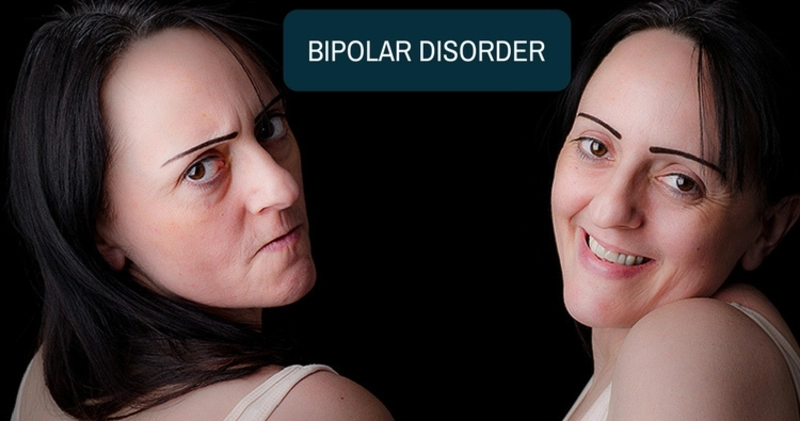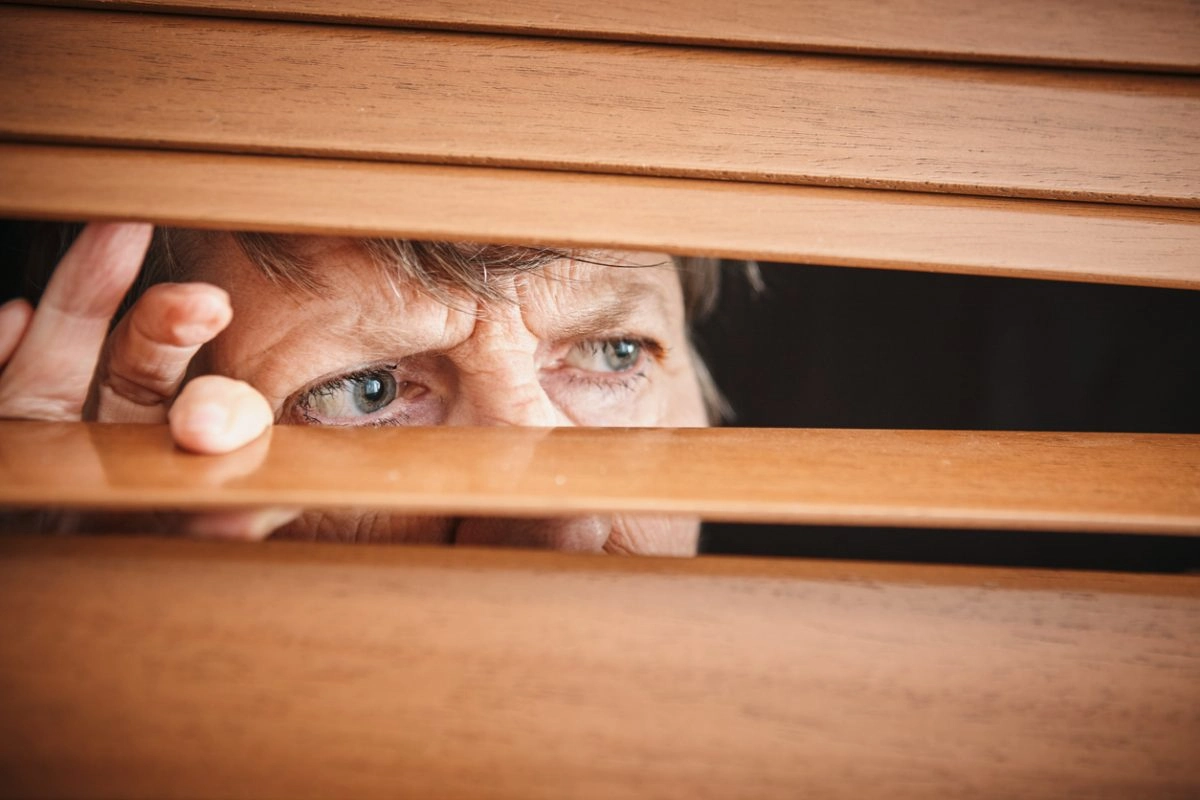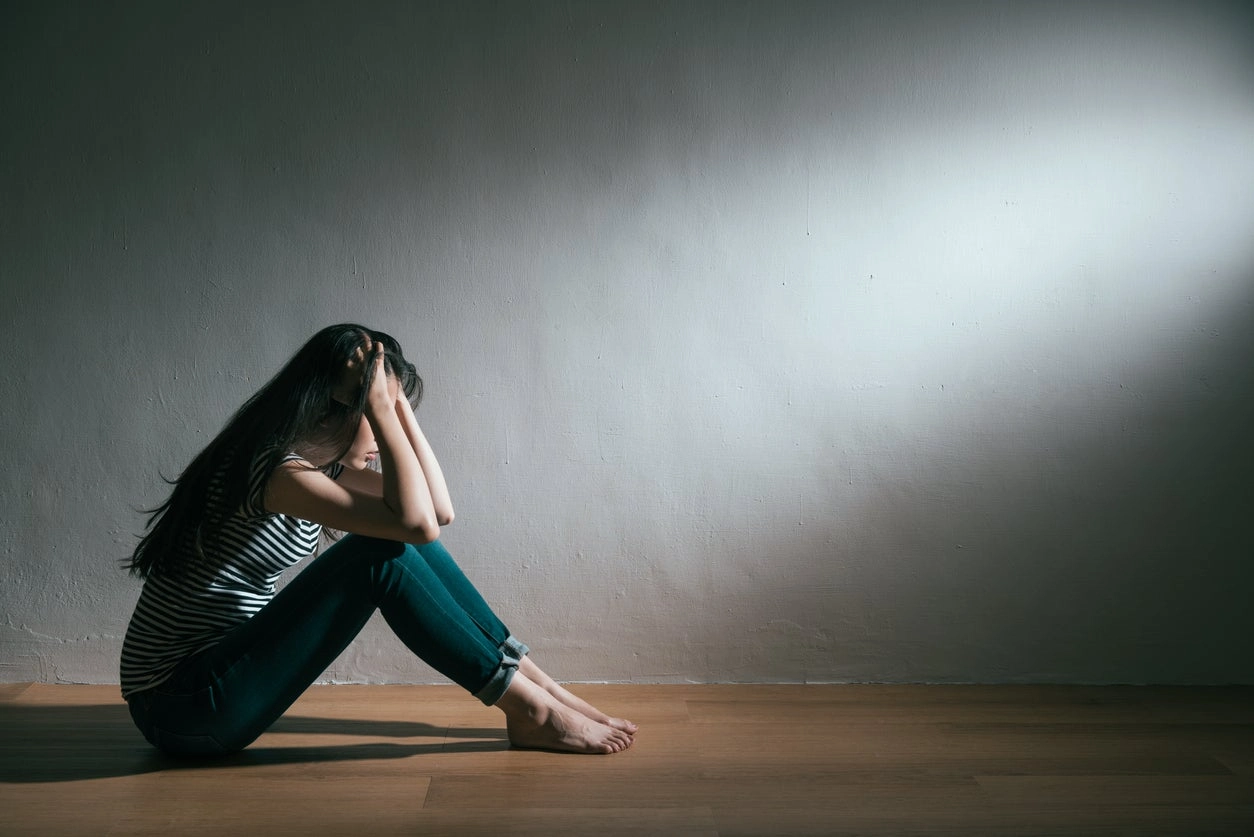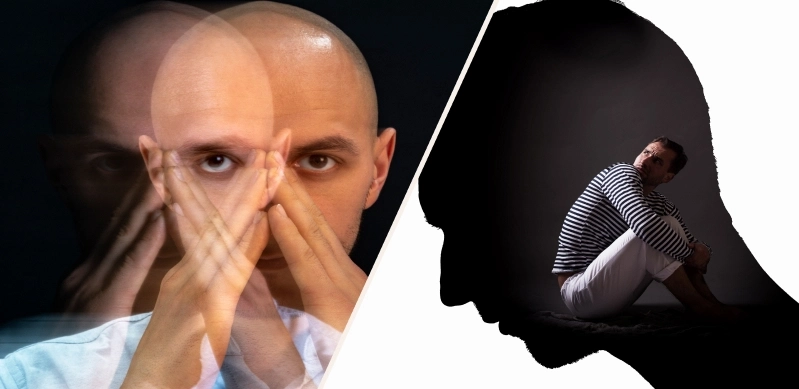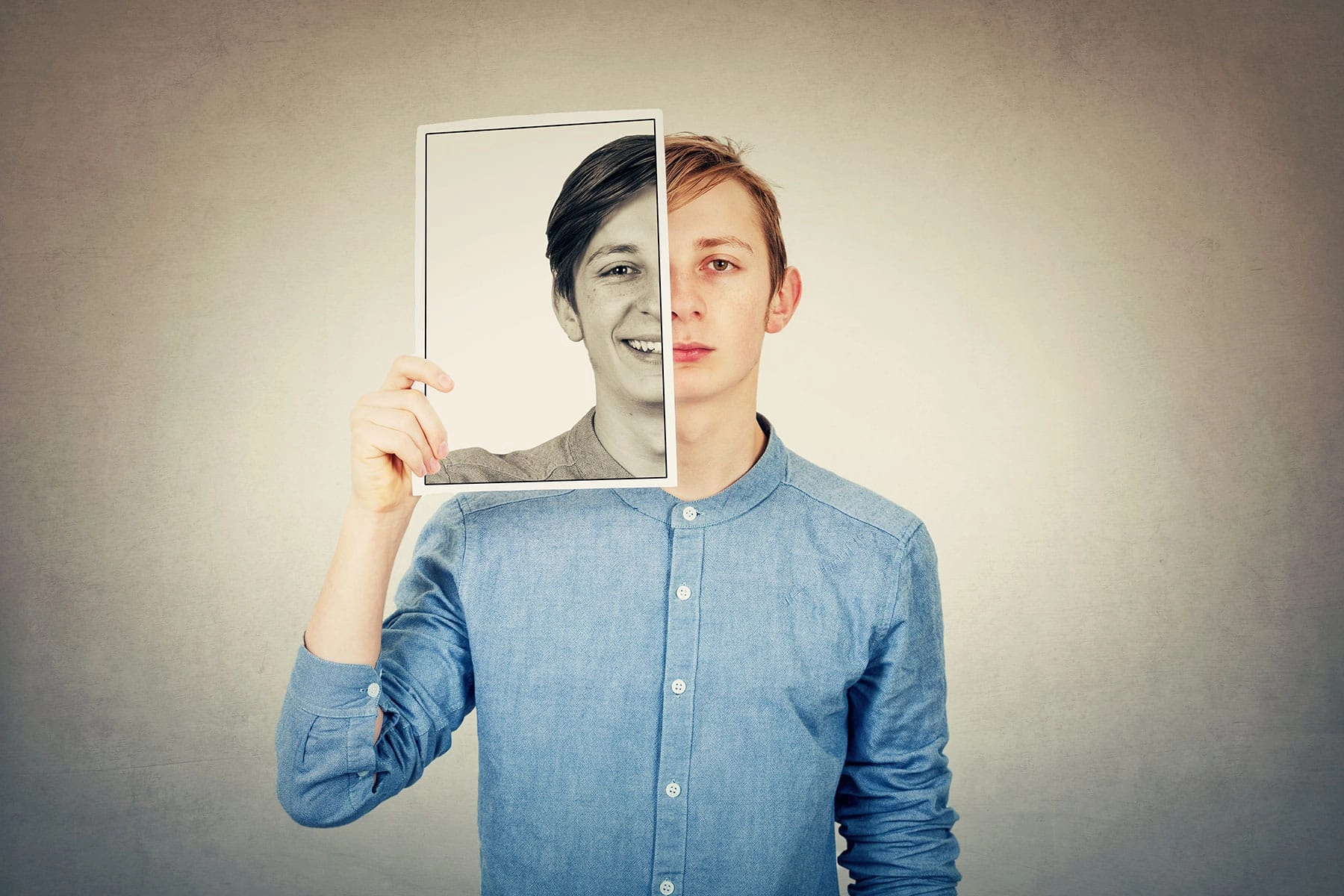Bipolar Faces: The National Institute of Mental Health (NIMH) states that individuals with bipolar disorder may also experience mixed episodes in which they exhibit a combination of manic and depressive symptoms, such as feeling sad and hopeless yet simultaneously having a lot of energy.
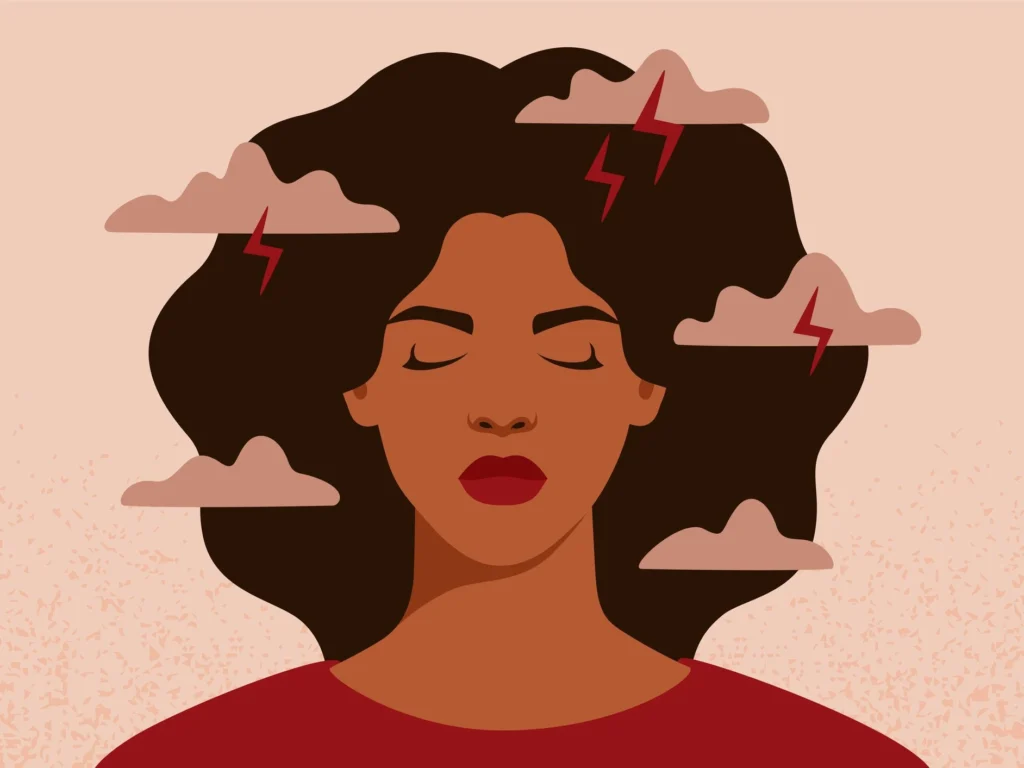
Even if you are aware of all this material, you may still have preconceived notions about people with bipolar illness, either consciously or subconsciously. We spoke with people who have experienced different aspects of life with the illness in order to help reduce the stigma.
Bipolar Disorder and Bipolar Faces
They want those who are not living with it, or who were just diagnosed and have a million and one questions, to keep this in mind.
1. Having Mood Swings Is Not the Same as Having Bipolar Disorder.
“It’s normal for everyone to feel sad, anxious, hyper, happy, or overjoyed,” says therapist Amanda Eldabh, LCSW, who also has bipolar II. Only if those changes in mood persist for days, weeks, or longer and have an impact on how you live your daily life, they may be considered to be in the realm of bipolar disorder, she explains.
“I know men who have labeled their ex-girlfriends as bipolar because of their severe responses, tempers, or irrational behavior,” says Tara, who has bipolar I. “While we do experience extreme moods, it’s not usually a sudden change. Our emotions may be very high or very low, and they can last for days or weeks. It’s not like someone becoming furious or responding excessively.
2. There Is Treatment Available for Bipolar Disorder.
The notion that bipolar illness cannot be treated only contributes to the stigma that it is this horrible “life sentence,” adds Eldabh. According to the NIMH, it can be managed with a combination of medication and psychotherapy, along with lifestyle modifications such as establishing a regular schedule and having the support of family and friends.
Nevertheless, every individual will have a unique treatment regimen. In addition to regular mindfulness and meditation, which Eldabh considers lifesaving, she takes an antidepressant and mood stabilizer. Mood stabilizers help Brandon, who suffers from bipolar I, avoid waking up with this “impending sense of doom.” Additionally, he claims that the antipsychotic he is taking alleviates the paranoia that everyone is judging him, which makes it lot simpler for him to carry out activities outside of his apartment.
Therapy and a mood stabilizer are the course of treatment for Cat, 31, who was diagnosed by psychiatrists as having either cyclothymia or bipolar II disorder. She goes to support groups to hear from others who have similar symptoms, which helps her remember that she is not alone, and she also journals and exercises to improve her overall mental health.
3. There Are No Two Individuals Who Will Have the Same Experience with Bipolar Illness.
It’s possible that you’re making assumptions about bipolar illness based on your experience with a coworker, friend, or relative. It’s important to recognize that people have different experiences with bipolar illness in order to prevent stereotyping, Christina said.
Eldabh and Christina, for instance, are both diagnosed with bipolar II. When Eldabh is in a hypomanic state, she claims that she will act impulsively. It may occasionally entail spending too much money, engaging in hypersexuality, or taking an unplanned road trip without giving it much thought. Christina claims she will have a flood of ideas (whether it be a complete essay or a plethora of jokes for a fresh stand-up act), more energy, and more phone calls or texts to others.
4. A Manic Episode Is Not Always Enjoyable.
People often believe that mania is euphoric, but in reality, it’s not enjoyable or enjoyable, at least in Amber’s perspective, even if it can be for certain persons with bipolar illness. “It feels as if I’m screaming on the inside but can’t control my actions and what I say on the outside” during manic episodes, she says. These episodes leave her worn out, yet she is unable to sleep, and they may occasionally result in self-harm. Additionally, she may have delusions (a symptom of psychosis) in which she believes that others are out to get her and that her words are completely illogical.
In the same vein, even if the intense confidence he experienced was a welcome shift, Brandon claims that, for him, there is truly nothing beneficial about mania. During his first manic episode, which occurred during the Covid pandemic, he had the elaborate delusion that he was discovering that his family members were criminals and that others were trying to harm him for it. As a result, he was admitted to a mental health facility because his mania was so terrifying.
5. Hypomania Is More than Just Having a Positive Outlook.
Christina was first given a diagnosis of depression at the age of 14, and it wasn’t until her mid-20s that she experienced bouts of intense energy and euphoria that she later discovered were hypomania from bipolar II. However, it took years for a psychiatrist to hear her out and validate the diagnosis she had already suspected, even after she described her symptoms to them. The psychiatrist even suggested that she was happy since life was good.
Hypomania is “just a good mood,” whether you work in the mental health field or not, but this oversimplifies a symptom that, in some individuals, might disrupt a regular sleep pattern and lead to impulsive conduct. According to Brandon, his hypomanic episodes, which occur a few times a year and do not involve delusions, are similar to mania in that he is far more impulsive than usual, even if when he is hypomanic he feels more in control of those impulses than when he is manic.
Other Facts About Those with Bipolar Disorder

6. Individuals with Bipolar Disorder Are Not Dangerous.
Brandon occasionally comes across remarks on his films concerning bipolar disorder from individuals who claim that their loved ones has verbally abused them. They then assert that all persons who have the illness are like this. “The problem, of course, is that it’s such a general statement,” Brandon remarks, “because they clearly had a very terrible experience with someone with bipolar disorder.”
The myth that all people with bipolar illness would behave violently is reinforced by the statement that all people with the disorder will lash out, particularly those with severe forms of mania. According to Kirsten Bolton, LICSW, a clinical social worker who works with patients with bipolar disorder or psychotic illnesses in one of McLean Hospital’s residential treatment programs, it’s not always the case that someone with bipolar disorder will turn violent just because they can be irritable during manic episodes.
7. Not Everyone with Bipolar Disorder Is Always Manic or Depressed.
Christina was concerned that, upon learning of her bipolar II diagnosis, her coworkers would perceive her as “unstable” and that this might bias their opinion of her value as an employee. “I was concerned that people might wonder, ‘Oh my gosh, which version are we going to get at the office today?'” she says.
However, Christina is neither hypomanic nor sad every day. She claims that the medicine she takes helps keep her mood at a steady baseline most of the time. According to Tara, it’s not like a yo-yo. She has moments when she feels like herself, interspersed with periods of intense emotions, as in a roller coaster.
According to Sarah Sperry, PhD, an assistant professor of psychiatry at the University of Michigan and an associate director of the university’s Heinz C. Prechter Bipolar Research Program, this baseline or stable mood is known as euthymia. According to her, those with bipolar disorder still have a baseline mood even when not taking medication, and they don’t just flip between manic and depressive symptoms. Additionally, it should be emphasized that not all intense emotions are caused by a person’s bipolar disorder; everyone experiences them, and simply because you live with bipolar disorder does not mean that they are a symptom.
8. Even if You Have Bipolar Disorder, You May Have a Happy Relationship.
Cat felt that it would be hard to maintain a healthy love life because the media hasn’t shown her any good examples of that. “I’ve seen our society sexualize bipolar illness with memes and sayings, such as ‘People with bipolar disorder are great for one night stands but not girlfriend/boyfriend/partner material because they’re always going to be crazy,'” Cat explains.
She came to this conclusion as she learned more about her diagnosis and went on with her life. It’s crucial to understand that having bipolar disorder doesn’t prevent you from forming deep relationships, according to her, and she adds that she’s been in a loving, committed relationship for the last two and a half years.
9. Not Always Is Bipolar II Less Severe than Bipolar I.
Many individuals believe that since Eldabh has bipolar II (rather than bipolar I) and is successful in her career as a mental health specialist, she must not be experiencing any difficulties, but this is an unfair assumption. Bipolar II might be crippling for her. She tried to kill herself in the past, for instance, when she was going through a hypomanic period.
In addition, the Diagnostic and Statistical Manual of Mental Disorders (DSM-5-TR) states that depressive episodes in bipolar II can be longer and more frequent than those in bipolar I. For Eldabh, her depressive episodes may be severe and sometimes manifest as strong feelings of guilt and remorse for her actions during a hypomanic episode, which can cause her to have suicidal thoughts.
10. Medications for Bipolar Illness Do Not Make You Into a Zombie.
I thought medication would turn me into a boring potato because I thought creativity, bubbliness, and friendliness were inextricably linked to what I now know can be hypomania,” Cat said, adding that at first, she fell into the trap of believing she would be emotionless once she began mood stabilizers to level out her extreme highs and lows. However, Cat discovered that even when she’s not hypomanic, she may still be cheerful, upbeat, and enthusiastic.
The Takeaway
The notion that all mental health medications will make you numb is a common misconception. Although it’s possible that this is the case for some people depending on what they’re taking—Nick, 36, who has bipolar II, claims that his combination of medications was partly to blame for his “stifled” emotions—it’s not something that will always occur.

